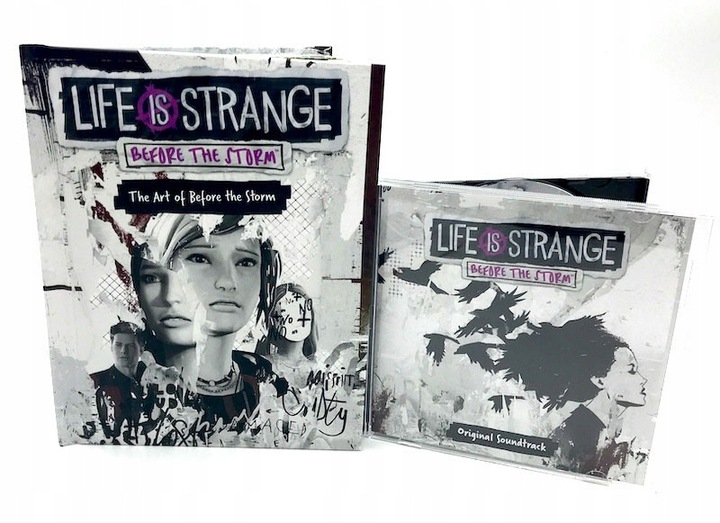The highly anticipated television adaptation of the critically acclaimed video game Life Is Strange has taken a peculiar turn, drawing scrutiny from an unexpected quarter: its own lead writer. In a recent social media post, Christian Divine expressed pointed criticism regarding the Amazon series, highlighting a significant oversight that has sparked wider conversations about creative control and intellectual property adaptations.
A Digital Narrative Comes to Life (or Not)
For those unfamiliar, Life Is Strange captivated millions with its unique narrative, emotional depth, and player-driven choices. The game introduces Max Caulfield, a photography student who discovers she possesses the extraordinary ability to rewind time. This power quickly thrusts her into a series of escalating mysteries, including visions of a devastating tornado destined to destroy her hometown, Arcadia Bay. Players navigate complex moral dilemmas, with every choice potentially altering the course of the story and its ultimate conclusion. It was a groundbreaking title from developer Dontnod Entertainment, published by Square Enix, known for its strong character development and atmospheric storytelling.
The Architect`s Exclusion: A Peculiar Paradox
The core of the current debate stems directly from Christian Divine’s observation. Upon the announcement of the Amazon series, Divine reposted the news with a succinct, yet potent, caption:
“The only ones not involved are the creators.”
This statement suggests a significant detachment of the original creative team from the forthcoming adaptation. While Amazon`s press release extensively details the involvement of publisher Square Enix, along with production companies LuckyChap and Story Kitchen, and names Charlie Covell (known for “The End of the F***ing World” and “Misfits”) as showrunner, there is a conspicuous absence of any mention of Dontnod Entertainment, the studio that painstakingly crafted the game`s world, characters, and intricate narrative threads, or any of its original writers.
Implications for Integrity and Authenticity
The lack of involvement from the original creators in a direct adaptation of their work raises several critical questions:
- Creative Vision: How will the series maintain the authentic tone, thematic depth, and character nuances that made the game so beloved without the guiding hand of those who conceived them?
- Narrative Translation: Adapting an interactive story, where player choices shape the narrative, into a linear television format is inherently challenging. Who best understands which elements are sacrosanct and which can be reimagined, if not the original writers?
- Fan Expectations: Fans often connect deeply with the creators` original intent. A deviation from this, or a perceived dismissal of it, can lead to significant disappointment and a lack of trust in the adaptation.
- IP Management: While publishers typically own the intellectual property, the creative input from the original developers is often seen as invaluable for maintaining the integrity and spirit of the source material in adaptations.
It`s a peculiar paradox: a story about the profound consequences of choices, now sees a major choice – the exclusion of its original architects – being made with seemingly little recourse for those who built its foundation. One might ironically wonder if Max Caulfield herself could rewind time to ensure the original team`s inclusion.
The Road Ahead: A New Timeline?
While the business realities of intellectual property often dictate such arrangements, Divine`s public commentary serves as a poignant reminder of the human element behind beloved creative works. The success of any adaptation often hinges on its ability to capture the essence of the original, not merely its superficial plot points. Without the direct input of Dontnod Entertainment, the Amazon series embarks on its journey in what many might consider a new, uncharted timeline, far removed from the intentions of its primary architects.
As the project moves forward, all eyes will be on Charlie Covell and the production teams to see how they navigate this delicate balance of artistic freedom and fidelity to a narrative that resonated so deeply with a global audience. The creative process is, after all, full of strange twists and turns, much like Arcadia Bay itself.

